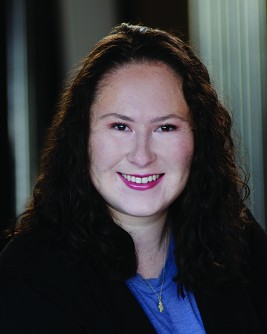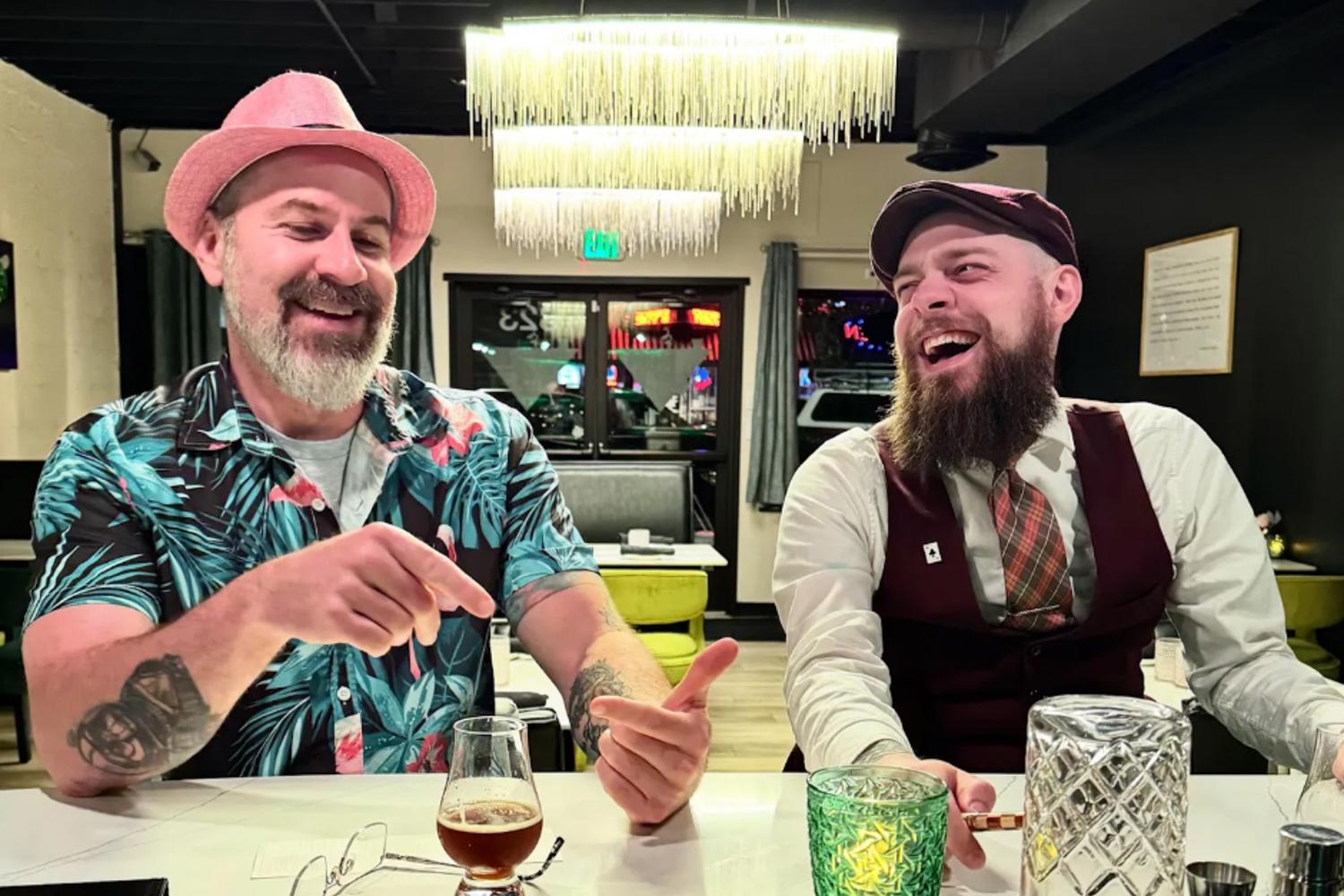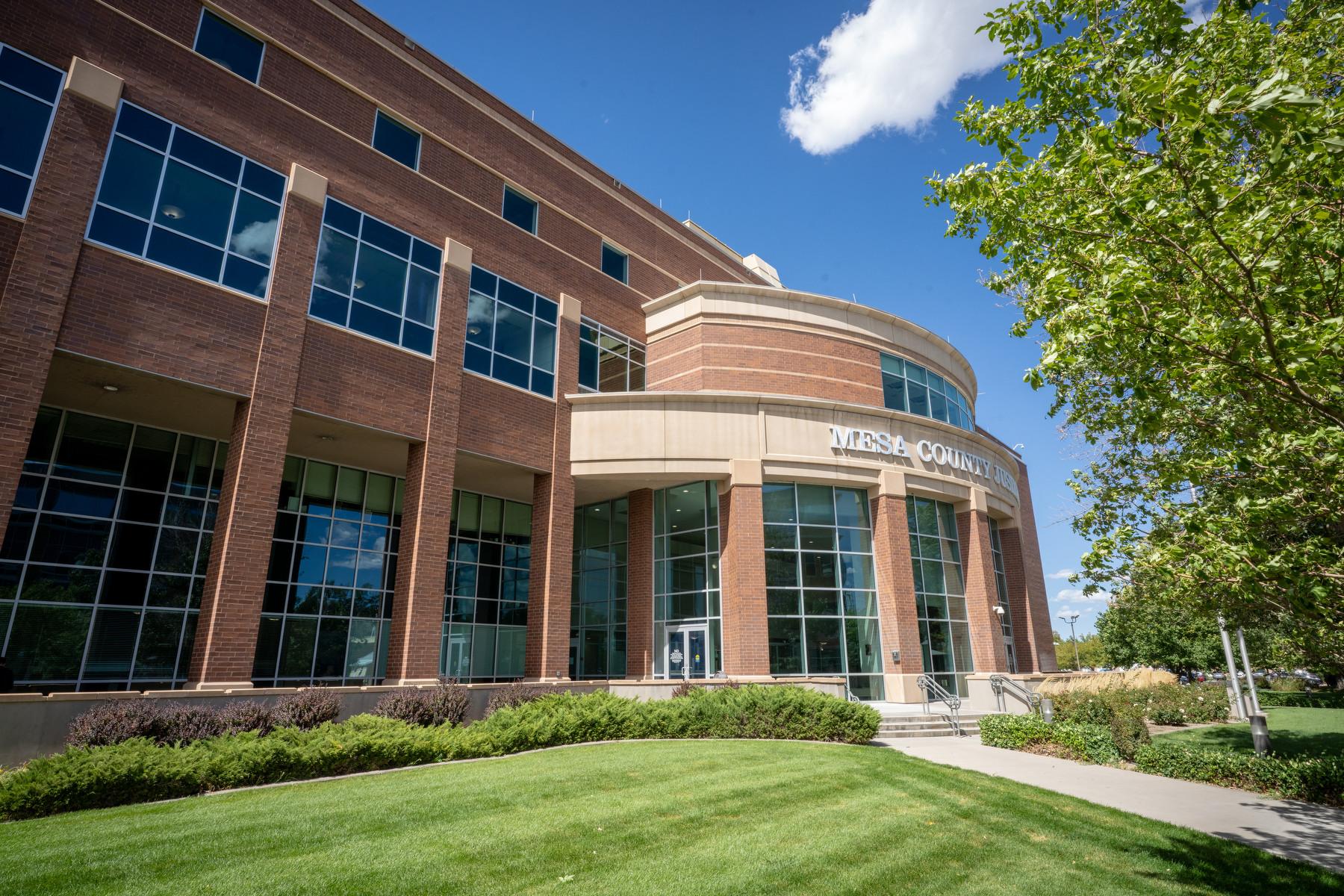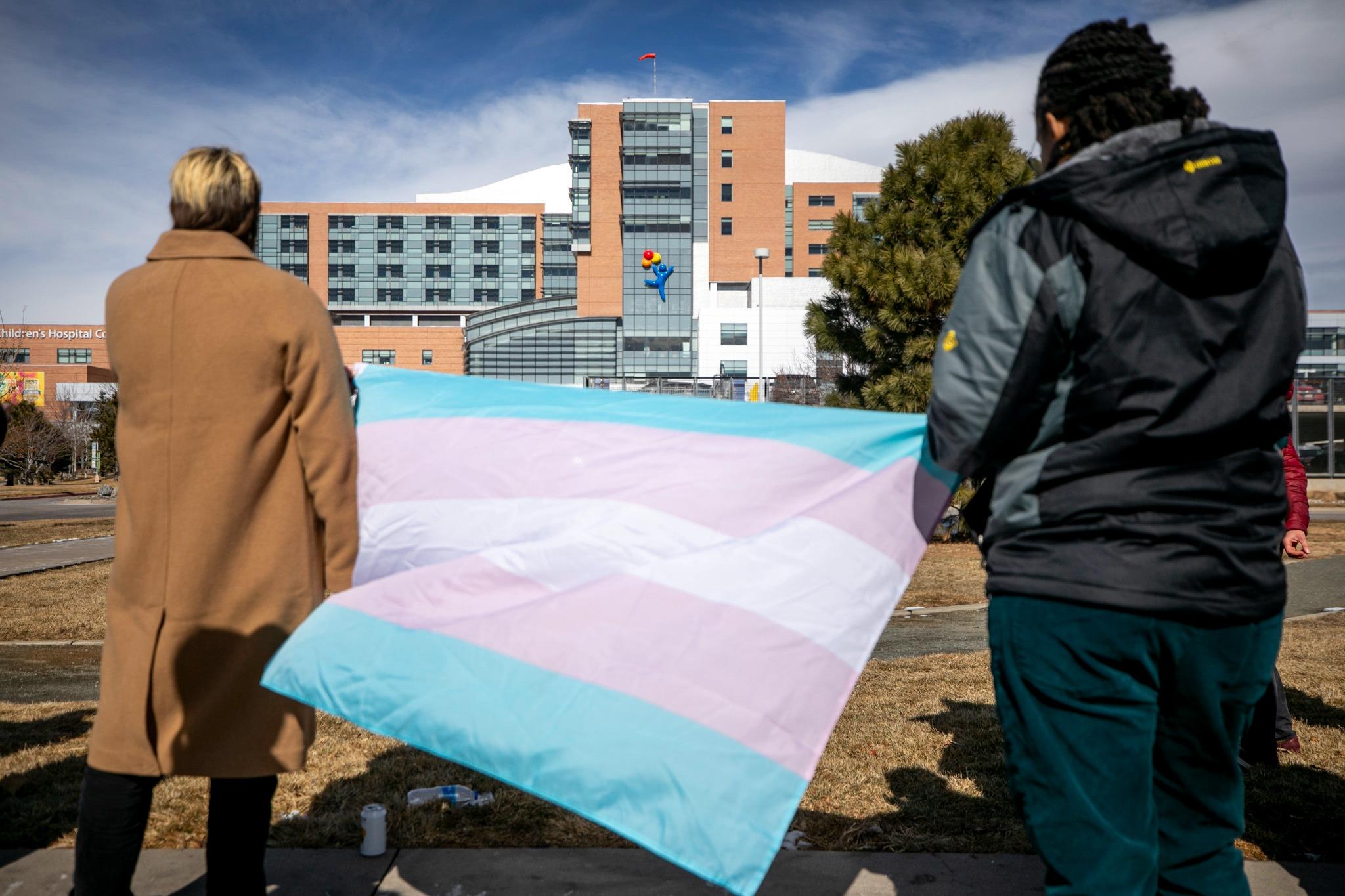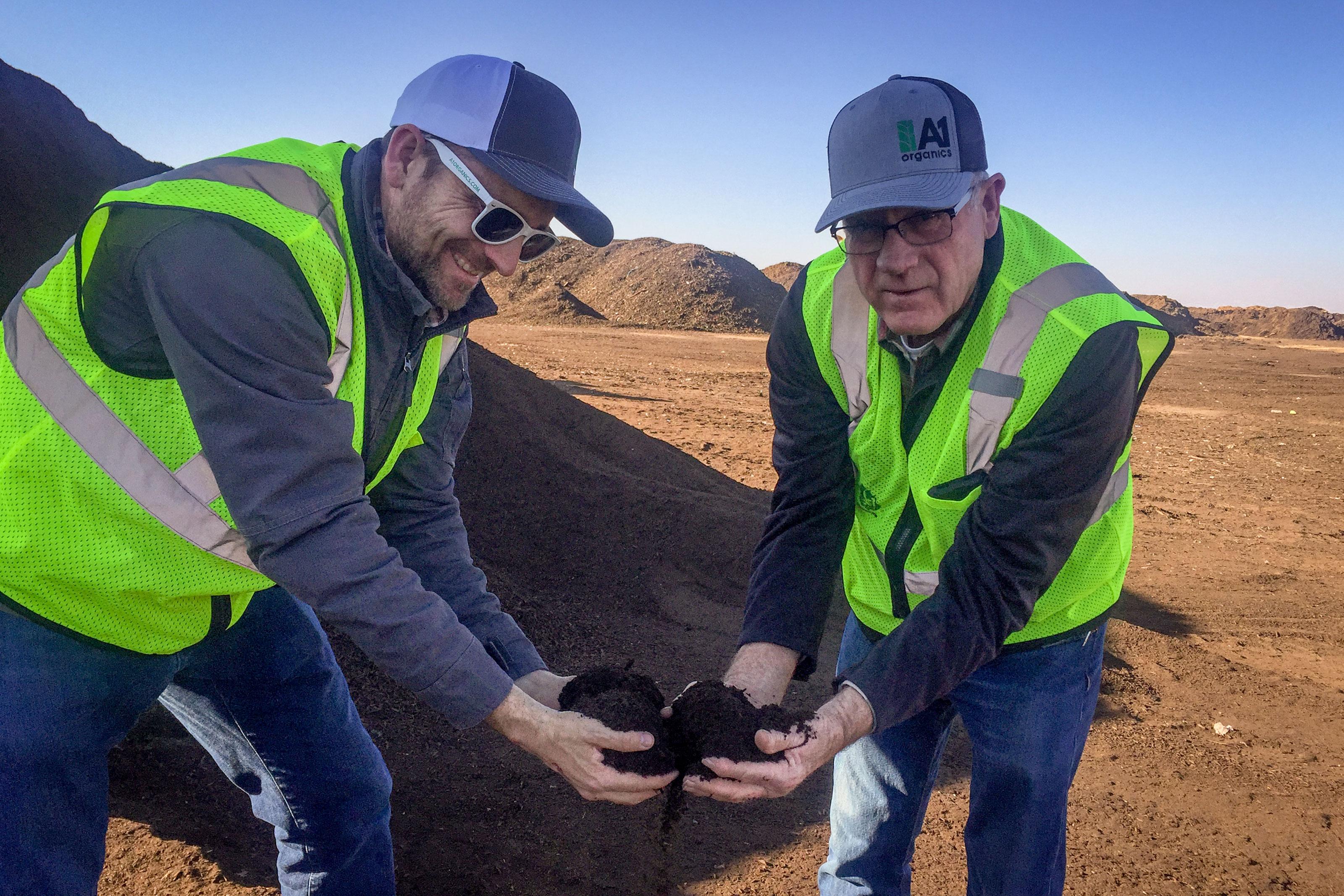

Steam rises off of thousand-foot-long and seven-foot-tall rows of decaying organic matter at a commercial composting facility in Keenesburg. The smell? Not what you’d expect.
If composting is done correctly, all you can smell is damp earth, according to Bob Yost, vice president of A1 Organics, the company that processes Denver’s food and yard waste into a powerhouse agricultural product.
Denver’s citywide municipal compost pickup program is growing.
Currently, A1 takes Denver’s waste, composts it and sells it in bulk for use on farms and other commercial operations. A new contract between Denver and A1 will extend their partnership for another five years and open the door for the two to sell smaller batches to the public for use in gardens and potted plants.
The City Council is expected to approve the new $3 million contract in the next few weeks.
When the program started as a pilot project in 2008, Denver found that around 50 percent of the trash being sent to the landfill was compostable: things like food scraps, non-recyclable paper and yard debris.
All that organic waste creates environmental problems when it is buried in a landfill.
"It doesn't degrade the same way that it would if it were out in the open air because, in the landfill, you're depriving of oxygen,” said Charlotte Pitt, Operations Manager at Denver Solid Waste. “It degrades anaerobically and it creates methane, and methane is a greenhouse gas that's about 23 times more potent than carbon dioxide."
Other cities in Colorado like Boulder, Aspen and Longmont have compost programs too. But the state is still way behind the national average when it comes to keeping waste out of landfills, Pitt said.
Around 34 percent of the nation's waste is currently being diverted for other uses. Denver's percentage is about 12 percentage points lower.
Denver's goal is to make up that difference by 2020, but there is a long way to go. So far, only 11 percent of eligible homes in Denver — single-family homes — have signed up for compost pickup.
The number of participants in the program has nearly doubled every year since it began, Pitt said. It has grown from one route serving 3,000 homes to 11 routes serving 18,000 homes.
Last year, Denver residents diverted around 9,000 tons of waste from methane-producing landfills to compost. Part of the program’s success, according to Yost, is that homeowners have to sign up and pay for a compost bin.
Denver started municipal compost pickup in the recession of 2008, so it needed to charge fees — around $10 per month — to cover its costs. Now some city leaders want to make it free to use, the same as recycling and trash service.
But A1 has seen that when people have access to free composting, like at the Denver International Airport, they get careless.
“People don't care,” Yost said. “People just throw in whatever. It's a trash can to them. When that happens, systems like ours don't work. If they contaminate everything that way, it all goes to the landfill.”
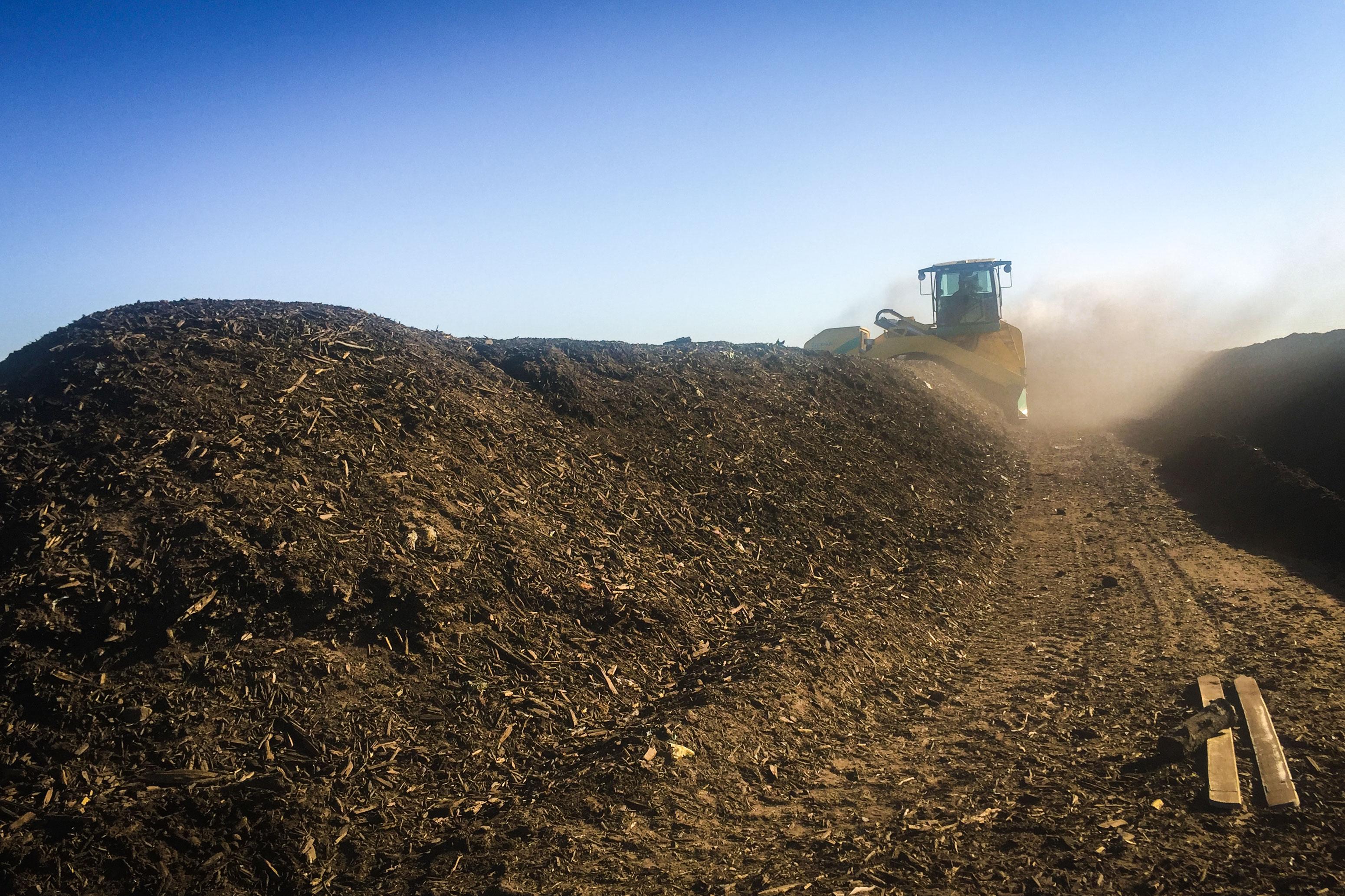
Composting works by creating the right mix of carbon-heavy waste like leaves or wood chips and nitrogen heavy waste like vegetable bits and grass. A good mix allows for the right amount of air to flow through mounds called windrows. It usually takes between 90 and 120 days from start to compost.
“It’s a biological degradation process,” Yost said. “When we make these windrows, the naturally occurring bacteria will break down the carbon – that's their food source – and the energy source is the nitrogen. In that process, they create heat so these windrows will have temperatures in the inside of them 150, 160 degrees. It's digesting the carbon.”
Not only do composters have to be careful about the mix of material, but they also have to watch out for non-compostables. A single plastic bottle, for instance, can get crushed in composting machinery and turn into thousands of tiny pieces, ruining the whole batch.
Composting isn’t a heavy lift for Kim Champion, who has been composting for more than ten years with the Denver program. She keeps a small can lined with a biodegradable bag by her kitchen sink.
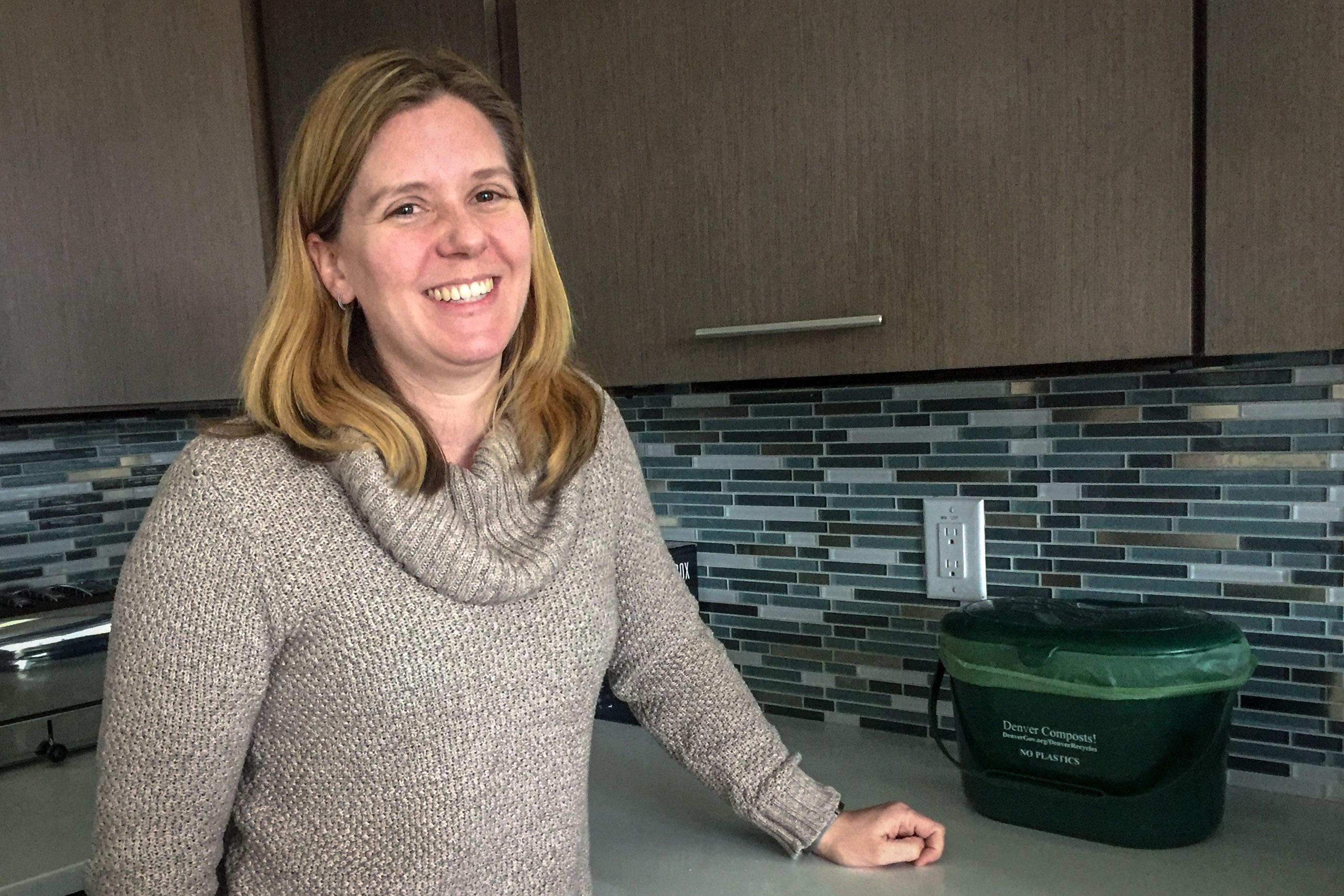
“We are pretty focused on making sure our footprint is as minimal as possible,” Champion said. “We do a lot with recycling but being able to have the food waste also not go to the landfill is important to us.”
Her family of four creates less than one bag of trash per week. The rest goes into the green compost bin or the purple recycling bin.
Champion said her family tried backyard composting with a system they bought at Costco, but it was too complicated and work-intensive. She likes the Denver program because it has a similar cadence to recycling — fill up a small container inside the house with things like banana peels, meat scraps and dirty tissues and take it out to the big bin when it gets full.
"My children are 7 and 8, so basically the entire time they've been alive we've been a composting family,” Champion said. “So it is part of just the way we do things. It's funny to hear them tell their friends if they're over like, 'That goes in the compost bin.'"
